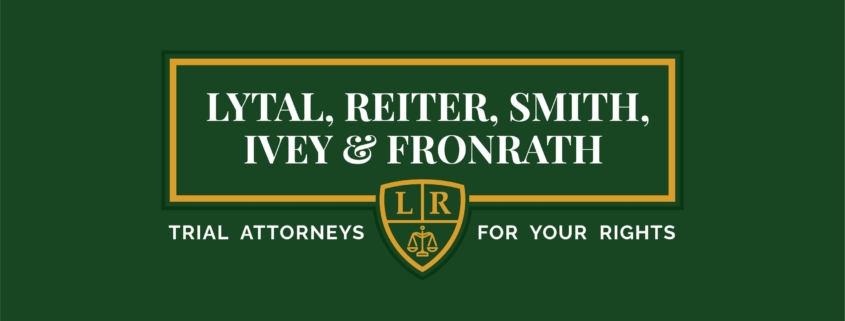 When you purchase and use a defective item that results in injury, who is to blame? Unfortunately, this can be a puzzling question to answer. Yet, when you want to hold someone accountable for the damages you faced from using your product, there must be a legal answer. Otherwise, it will be hard to bring forward a lawsuit when you have not determined all the parties involved. For this reason, there are two law terms you should know: product liability and strict liability. But what is the difference between product liability and strict liability?
When you purchase and use a defective item that results in injury, who is to blame? Unfortunately, this can be a puzzling question to answer. Yet, when you want to hold someone accountable for the damages you faced from using your product, there must be a legal answer. Otherwise, it will be hard to bring forward a lawsuit when you have not determined all the parties involved. For this reason, there are two law terms you should know: product liability and strict liability. But what is the difference between product liability and strict liability?
Let’s discuss these two terms so that you have an easier time understanding which party is at fault for your product-related injuries.
Defining Product Liability
When a product that you use results in an injury, you will use a product liability lawsuit to hold the manufacturer accountable. Product liability cases require you to prove that the manufacturer’s negligence resulted in your injuries. There are three main ways that your West Palm Beach product liability attorney can do this.
Design Defects
First, you can prove negligence by showing that the product had a design defect. For example, let’s say that your vehicle’s accelerator gas pedal is too close to your brake pedal. One day as you are driving, you slightly miss the brakes. Instead, you press the gas pedal and slam into the car in front of you. This is an instance of a design defect. If your gas and brake pedals were further apart, you would never have injured yourself, nor damaged the car ahead of you.
Manufacturing Defects
Second, you can show negligence by proving that your product had a manufacturing defect. As an example, let’s say that your airbags are defective. As you cross an intersection, another vehicle slams into you but your airbags fail to operate properly. Instead, the airbag explodes and sends metal shards flying toward your face. In this case, a device that was manufactured to protect you made the accident worse.
Failure to Warn
The final way you can prove negligence is by explaining that a product that injured you failed to warn you about its appropriate use. For instance, imagine that you are in your car driving to work. On the way there, you are rear-ended. During the collision, your car seat suddenly jolts backwards, injuring your head and neck.
After an investigation, it is determined that your car seat only functions normally in a crash if you weigh less than 200lbs. If the product manufacturer was aware of this problem but failed to notify you, then the manufacturer has product liability.
These three examples would all prove product liability. If you could prove these details, you would be able to bring forward a lawsuit against a product designer, manufacturer, or retailer. But how does product liability differ from strict liability, and why does it matter?
Defining Strict Liability
In some cases, you can prove that another party is liable for an accident without showing negligence. This is defined as strict product liability. Unlike with cases of product liability, strict liability usually occurs whenever you are injured by a product or activity that is inherently dangerous.
Under these circumstances, you can receive compensation even if a manufacturer warned you about the potential risks of using their product. Likewise, because there is a different burden of proof, you will not need to show that the defendant is at fault.
What is the burden of proof with strict product liability claims?
With these facts in mind, what is the difference between product liability and strict liability regarding burden of proof? Essentially, with product liability claims you must prove that your injuries were a result of a defect, carelessness from another party, or negligence.
With strict liability cases, you must prove that you used your product as intended. Your attorney will also need to show that the product was defective and resulted in your injuries. No negligence or carelessness needs to be proven.
Talk To a Product Liability Attorney Today
Understanding the difference between product liability and strict liability is important. This is especially true if you plan to bring forward a lawsuit due to injuries caused by a specific product. If you would like to speak about your case and receive a consultation, please contact the attorneys at Lytal, Reiter, Smith, Ivey & Fronrath at (561) 655-1990.
Our experienced lawyers can help you recover damages in either a product liability or strict liability claim, and help you receive compensation for your injuries.




